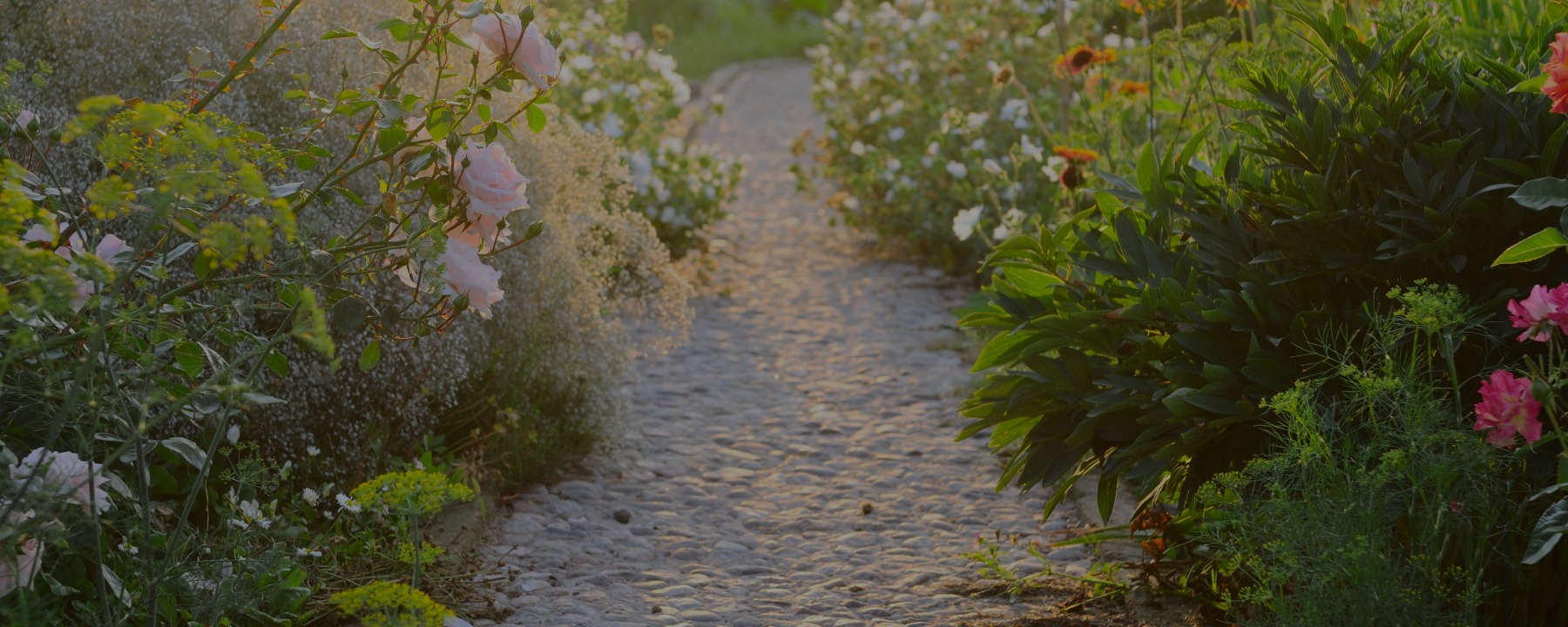We all know how much our pets like to get into the garden or chomp on flower petals, but does everyone know which plants can cause harm to their animals?
There’s a long list of plants that are toxic to pets, mainly dogs and cats. If you’re thinking of getting your pet groomer certification (or are just a regular pet owner!) be sure to study up on which plants to be aware of so you can keep your pals safe!

Lilies
Beautiful, but very dangerous for kitties! Cats do not do well when lilies are around – it can cause extreme sickness even if the smallest amount is ingested. Luckily, dogs are fine with lilies – it’s a surprise how much havoc goes on in their counterparts!
Aloe Vera
Ah, the soothing sensation of Aloe after a long day in the sun! It’s one of the best feelings for humans, but it’s a different story for pets….
Dogs and cats will become ill if they ingest Aloe Vera – it’s extremely toxic to them! Aloe can cause tremors, depression, and even anorexia in pets. Yikes!
Azaleas
Not only are azaleas toxic for dogs and cats, they’re also toxic for many other animals! This flower can cause paralysis, drooling, weakness, depression, and even death. It’s SO important to know which plants you’re bringing into your home!
Daffodils
If your pets love to play around with plants, you should know to stay far away from daffodils. Just a small amount can cause scary symptoms like tremors and convulsions.

Tulips
This spring staple may look great in the garden, but it’s not a good choice for pet owners! Tulip bulbs are poisonous for cats and dogs, leading to depression and irritation.
Poinsettia
Poinsettias are gorgeous at Christmas and bring a rich hue to the white winter weather – but maybe you should stick to fake poinsettias. Although they’re not as poisonous as generally thought by pet owners, they still cause sickness! Keep your pets healthy and happy by skipping the real deal come Christmas.
Milkweed
Watch for this plant in your garden or home, as it causes some of the most worrisome symptoms in pets. Milkweed can lead to comas, death, liver failure, and kidney failure – and that’s just the start of it!
Ivy
We’ll admit that we love an ivy covered cottage or fence, but ivy should be kept a safe distance from any pets. Although it looks elegant and regal, ivy causes pets to become ill when they happen to feed on it. This goes for all ivy plants, too!
There are more plants to be aware of, so we recommend doing your research for whichever pets you have. As we’ve seen, different animals are affected by different plants – so be sure to keep a list handy the next time you’re gardening! After all, it might not be your pet who gets into your flower pots.
Are you a pet owner needing a bit more knowledge? Check out QC’s First Aid for Groomers course and be prepared for anything!



